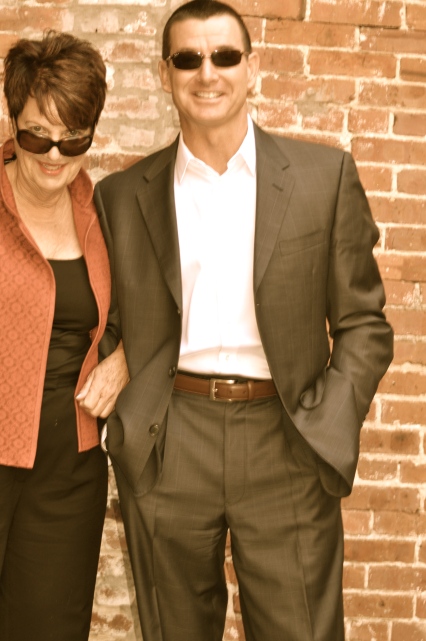 Reading the news this weekend was an exercise in frustration. Though statistically we are supposed to be living in the most peaceful epoch of humankind the examples of barbarism, extremism, isolationism and selfishness are rampant. Additionally there is an undercurrent that hope is dead, compromise is not even considered and working for the greater good is something we read about in history books. It would be easy in the face of all this depressing news to give up and give in to the monomaniacal mindset that since everything is so bad, it's every man and woman for him or her self. Screw everyone else, it's about me! Welcome to the world of 2013.
Reading the news this weekend was an exercise in frustration. Though statistically we are supposed to be living in the most peaceful epoch of humankind the examples of barbarism, extremism, isolationism and selfishness are rampant. Additionally there is an undercurrent that hope is dead, compromise is not even considered and working for the greater good is something we read about in history books. It would be easy in the face of all this depressing news to give up and give in to the monomaniacal mindset that since everything is so bad, it's every man and woman for him or her self. Screw everyone else, it's about me! Welcome to the world of 2013.Enough of this crap. It's time to start a revolution. There are enough of us who hope, who work with others and who want to change the world for good. Perhaps the challenge is that we have not screamed louder than the chorus of nay-sayers, nor have we pushed them aside in our building of a great world. But what do we need to dispel the darkness that obscures possibilities? I read a quote over the weekend that placed things in perspective:
"Optimism is the greatest form of rebellion."
In the face of all the negative news optimists are laughed at, ridiculed and shunted aside. Yet the belief that there are new possibilities, new ideas, and new energy is a rebellion against the tide. Rather than succumb to the overwhelming negativity or at best, apathy, we want more. By thinking of options and possibilities they don't magically appear, but we are more likely to see and grasp them when they do appear; more importantly we are willing to work for change because we believe it can happen. This will take personal committment on the part of many of us. But what will that cost? Last Friday I spoke to a room of professionals of the power of optimism, the success it brings and the change it ferments. The claim is that optimists don't see reality as it really is. Well that's BS. The difference is that we see reality as it really is but don't allow it to win. We believe we can change reality for the good. Yet to many people optimists are obnoxious. So I asked the audience to become "obnoxious optimists." That may be the only way the world will hear another voice, another way and a powerful energy toward positive change.

 I'm a runner. Okay, really I'm just a jogger and I usually plod along. But I'm most days you will find me outside running three to five miles. My friends ask me how I do it, how I get the discipline to run every day. Honestly, that's easy. It's become a habit. I automatically lace up my sneakers (mostly in the morning) and trek out just because it's become part of my day. I don't often think about the health benefits, or the extra food I might be able to eat. Running is just part of me.
I'm a runner. Okay, really I'm just a jogger and I usually plod along. But I'm most days you will find me outside running three to five miles. My friends ask me how I do it, how I get the discipline to run every day. Honestly, that's easy. It's become a habit. I automatically lace up my sneakers (mostly in the morning) and trek out just because it's become part of my day. I don't often think about the health benefits, or the extra food I might be able to eat. Running is just part of me. 






